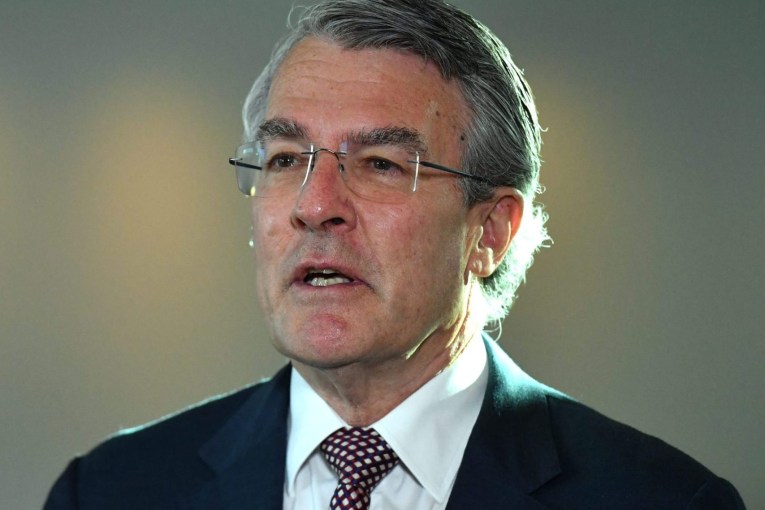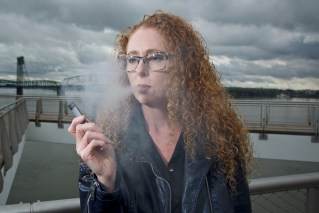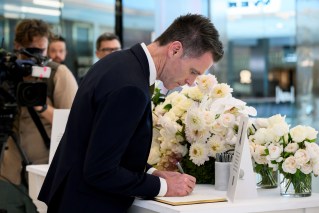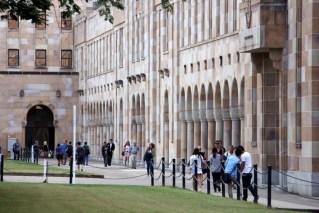How our Public Trustee became a money-making machine – with your money
In 1996, the Office of the Public Trustee was denied government funding to do its work. It has since built a veritable money-making machine.

An investigation has found the Queensland Public Trustees office made profit at the expense of vulnerable clients (file pic).
Queensland’s Public Advocate, well-regarded solicitor and researcher Mary Burgess, set out to review the Public Trustee’s fees and charges and ended up delivering a 341-page report to government on a much broader range of issues.
The report was delivered to the Palaszczuk government in January and tabled in parliament today by Attorney-General Shannon Fentiman. It highlights a complex and secretive financial system set up to self-fund the Public Trustee’s activities, with some fees potentially illegal or double-charged, others being charged for no service, and the office making money from unnecessary advice to routinely recommend client funds be invested in a manner benefitting the Public Trustee.
Last financial year, the Public Trustee provided financial management services to 10,071 Queenslanders, including 9,316 people under an administration appointment by the Queensland Civil and Administrative Tribunal.
The report takes aim at the Public Trustee for downplaying the number of people affected, insisting “the Public Trustee cannot ‘rob Peter to pay Paul’ and fulfil its fiduciary duties to those clients who are paying high fees and charges, while others do not”.
It makes 32 recommendations including that the Public Trustee – established more than a century ago – be subject to greater scrutiny and accountability. That will see Fentiman establish an independent board to oversee the office.
“The Public Trustee operates in a complex environment and a number of these recommendations require further consideration and consultation with stakeholders,” Fentiman told parliament.
“Government will work in consultation with the Public Advocate and the Public Trustee to consider these recommendations.”
In a statement today, Burgess said the Public Trustee’s funding base needed to be reconsidered. However, her recommendations were not so specific – Fentiman left the issue of future funding for Customer Service Obligations to the office to resolve – and the government has yet to make any commitments in that regard.
Other jurisdictions fund their Public Trustee to deliver CSOs, however that has not happened in Queensland, contributing to the problems identified in the report.
Burgess reiterated that people under the financial administration of the Public Trustee were “some of the most vulnerable members of our community”.
“Many of these people experience a range of vulnerabilities arising from disability, injury or illness,” Burgess said.
“An additional vulnerability arises once the Public Trustee is appointed as their administrator. From that point, the Public Trustee is in a position of trust, controlling the person’s money and property and having significant power over their lives.”
The report notes that, in 1996, under the then Borbidge Coalition government, the Auditor-General examined the Public Trustee and found “many of the same issues identified in this report”. Echoing a proposal from five years earlier, it recommended the government reconsider the funding situation, particularly with regard to CSOs.
“It appears that these recommendations were not acted upon and the Public Trustee has continued to rely on its own increasingly unstable sources of revenue (given global economic events) to maintain its self-funding status, while increasing its CSOs,” the report states.
The report recommends CSOs no longer be funded by clients, the work potentially be reduced, or capped at a level able to be funded through returns on Public Trustee investments.
These supposedly free services, subsidised by clients, have developed into a $38 million annual program providing will-making advice, management of certain estates, rebates and legal support.
The acting Public Trustee, Samay Zhouand, has started work on some of the recommendations, but Burgess called on the government to ensure the report led to action.
The office has been under a cloud since mid-2019 when long-serving Public Trustee Peter Carne was stood down over internal issues.
In a statement today, Zhouand thanked Burgess for conducting the review and vowed to continue the reform work that began internally in late 2019.
“I openly and sincerely apologise to any customers who have not received the level of service that the Public Trustee actively strives for in every interaction and will continue to drive improvements throughout the organisation to ensure that every customer is supported and empowered,” Zhouand said.












